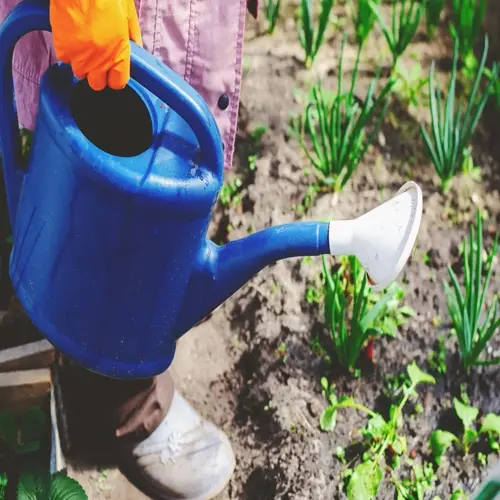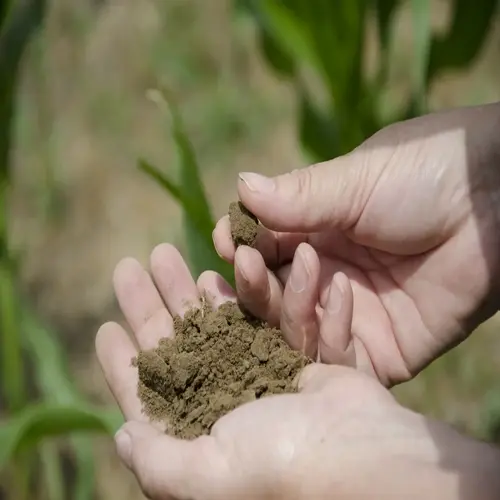What factors affect soil testing costs?

Written by
Michael Sullivan
Reviewed by
Prof. Samuel Fitzgerald, Ph.D.Soil testing costs can vary considerably for several key reasons. The type of lab you use will significantly impact pricing. The more complex the test, the higher its cost will be. The distance for shipping and the speed of shipping will add additional costs. Understanding these things will help with planning a budget.
Lab selection plays a huge role in price discrepancies. University extension services charge subsidized rates, and private commercial labs offer premium pricing. Basic nutrient screens are cheaper than screening for contaminants. I saved 60% by using the agricultural extension service in my state.
Test Complexity
- Basic NPK/pH tests start around $15-25
- Heavy metal screening adds $40-60
- Micronutrient analysis increases costs further
Service Type
- University labs: $10-30 per sample
- Private labs: $50-120 per sample
- Express services carry premium fees
Geographical Factors
- Shipping costs vary by distance
- Local drop-offs eliminate mail fees
- State residency may qualify discounts
Turnaround speed has a direct impact on pricing. Normal processing is 7-14 days. If you use a rush, 3-5 days, that's 25-50% higher in costs. Additionally, off-season testing may offer discounts. Plan to avoid express fees during the planting season!
Effectively decrease costs. Consider combining several samples in a single shipment. When testing in the lab, you may choose to test during off-peak periods. You can always choose to test simple panels first, before testing any specific tests. Proper sampling will eliminate retesting costs. With smart planning, professional testing can be made affordable.
Read the full article: Garden Soil Testing: Everything You Need to Know

